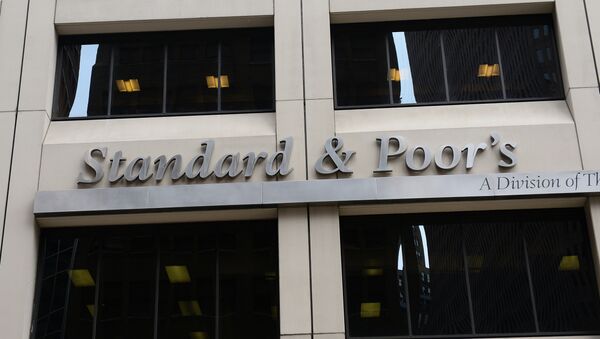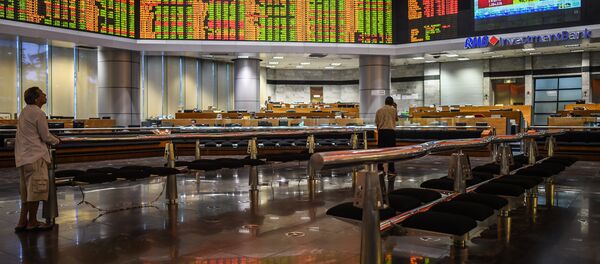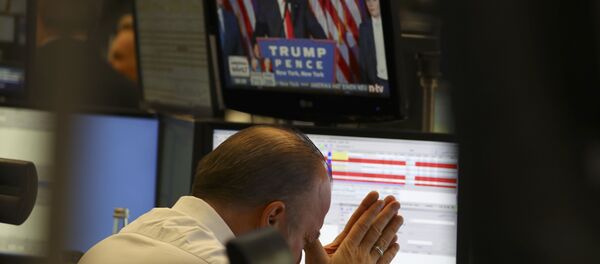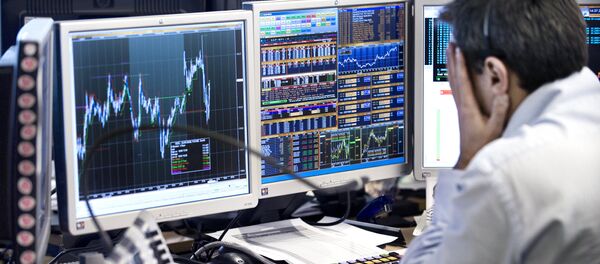Kristian Rouz – Financial markets rallied the day after Donald Trump's surprise election made equities bleed, posting 5-percent declines in overnight trading following the announcement of final results.
US stocks have become great again fairly quickly, just the next day after the unexpected election of Republican presidential candidate Donald Trump, due to an anticipation of fiscal stimulus among investors and market participants. The parallels between Trump’s election and Brexit have thus faded slightly, as the UK’s cabinet has yet to determine the necessity for greater spending. With the future Trump administration promising to offer more decisive, straightforward leadership, and given the size of the US economy, the capital flow into various sectors of the US economy has strengthened substantially.
“It’s a relief rally reflecting the certainty of the outcome of the election and after the conciliatory tone that Trump took,” Nick Skiming of Jersey, Channel Islands-based Ashburton Ltd. said. “We know from Trump’s policies that he wants to reduce taxes and embark on fiscal spending and if he gets those approved, that will be expansionary for the U.S. economy in the short term.”
Investors’ sentiment has become even more optimistic in light of the international rating agency, S&P, reaffirming US ratings straight after the election at levels ‘AA+/A-1+’; its outlook is maintained as ‘stable’. The rating agency said Trump’s fiscal stimulus planning has solid backing due to high market demand for US Treasuries and hence comparatively low yield, meaning the US government could expand the scope of borrowing significantly without risking the destabilization of its finances.
"We assume the longstanding institutional strengths and robust checks and balances of the US will support policy execution in a Trump administration, despite the president-elect's lack of experience in public office, which raises uncertainty on policy proposals,” S&P said.
Trump, however, has a significant share of unpredictability to him, the agency warned, making imprudent policy decisions a probability. Such risks might entail credit rating downgrades, however, these might be offset by the expertise of the team in the Trump administration.
Moody’s Investment Service, meanwhile, noted that the election of Trump would have consequences for a spectrum of companies operating across several sectors.
"Trump's victory in the presidential election is likely to bring a set of policies that diverge sharply from those of the prior administration," Robard Williams, Senior Vice President at Moody's, said.
Subsequently, with a brighter economic outlook in the US, supported by an economic resurgence in the UK and the Eurozone (EU), international investors are becoming less recession-averse, considering less reliance on hedging and haven capital pile-up. There is growing confidence that the US Federal Reserve would increase US borrowing costs in December, bringing monetary normality closer, whilst the European Central Bank (ECB) is expected to wrap-up its bond-buying by late spring. Subsequently, the markets are focusing on government action to support economies on both sides of the Atlantic.
That said, a recession is still a possibility, as Trump’s ‘100 days’ of initial economic reform will not start before the inauguration on January 20. 2017.




